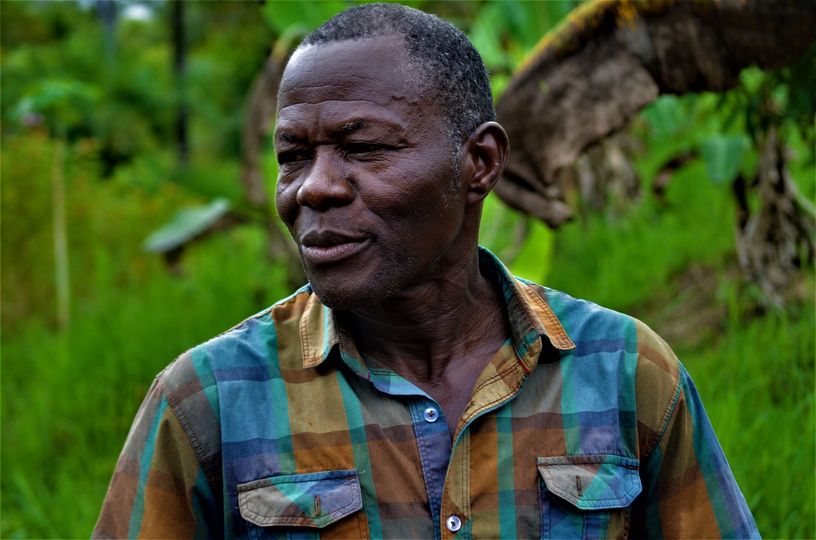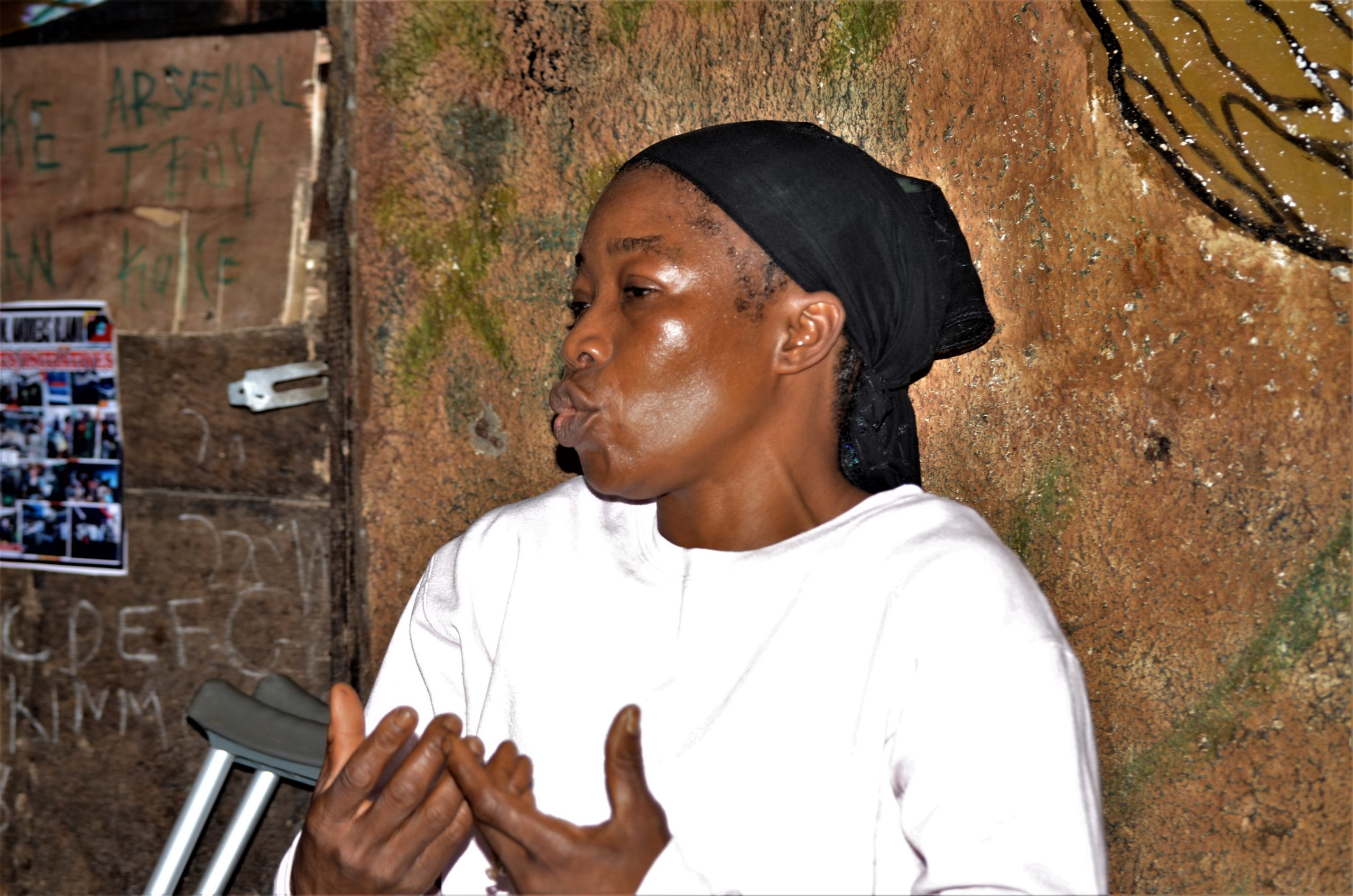Bill S. Jallah has a vision to grow a fruit forest and as well as to build a home for persons recovered from psychosocial disability and epilepsy. Recovering from Bipolar disorder, Bill mobilized some past experienced persons of psychosocial disability and epilepsy to volunteer their skills and time to help counsel persons that recovered from Mental disability. In 2018, Bill and his team established an organization called, “Cultivation for Users Hopes (CFUH)” as a way of legitimizing their vision. Recognizing the need to support Bill’s organization, AIFO provided a loan to the organization under its Disability Start-up project in 2018 which helped the organization to start full operation. AIFO has also been providing capacity building support to the organization through the Coordinated Action on Disability in Liberia (CAD-L) project that is funded by the Embassy of Sweden in Liberia. To increase the work of Bill’s organization, AIFO will provide another loan to the organization which will enable them to expand their operations.
Bill and his team are aware that fitting into a community after recovering from mental health is always a challenge. The community stigmatizes and discriminates against a person who recovered from mental health illnesses. To combat this, Bill’s team is using a family support and community approach to reach families and community members as a way of discouraging stigmatization and discrimination. Bill believes that when a recovered Bipolar disorder person tells his story to families and community members with a recovered psychosocial disabled or an epilepsy person, it helps to enforce the acceptance and unite such a person in the family and the community.
Cultivation for Users Hope’s intention to have a home for recovered persons of psychosocial disability and epilepsy is to strengthen their recovery process which involves counseling through peer-to-peer education, provision of small funds for acquiring medication and as well as directing places to receive medication. Bill’s team have managed to purchase 6 acres of land in Lower Margibi County, where they are currently producing vegetables, fruits as well as animal and bird husbandry. Sales from the fruit forest go towards the sustainability of the home and the organization. CFUH has plans to purchase more acres of land as they intend to cater to many persons that have experience psychosocial disability and epilepsy.







 Total Users : 126299
Total Users : 126299